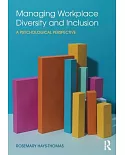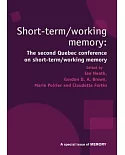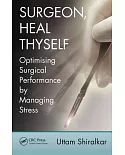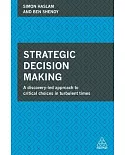"A unique approach to an issue that exists in the workplace---helping individuals who have been `hurt' make a re-entry. She outlines a verbiage and behavior that can be easily adopted by
organizations, Her book is enlightening and an excellent guide for both managers and co-workers." Helen Thomas, Dean, White House Press Corps, Hearst Columnist
"A wealth of insight and practical information. [This] book is a must read for both managers and workers aspiring to management." Phyllis O'Callaghan, Ph.D., Associate Dean and Director of
Graduate Liberal Studies Program, Georgetown University
When Trauma Survivors Return to Work explains how managers and co-workers can help foster the process of understanding emotional recovery for employees who have been traumatized and are
returning to work.
No other source clearly and positively teaches managers and co-workers how to treat fellow workers returning to the workplace after experiencing a rape, a burglary, an armed assault, a violent
accident, or witnessing a brutal crime. No one explains what to say to those who have just been told they have a terminal illness, or how to treat an employee whose close family member has
committed suicide. It is not helpful for co-workers to deny such traumatic events or remain silent, which is what often happens, or for managers to avoid directly communicating with the
traumatized employee. Is there something that managers and co-workers can do to be truly helpful to such sensitively wounded people? the answer is yes.
In this illuminating educational approach, Dr. Barski-Carrow shows how managers and co-workers can learn simple ways to make the workplace a better environment for understanding emotional
healing.
Barski-Carrow offers a simple, well-researched way to provide those basic practical skills and, with absorbing stories, shows how relationships in the workplace can indeed provide a healing
force for traumatic experiences.





















